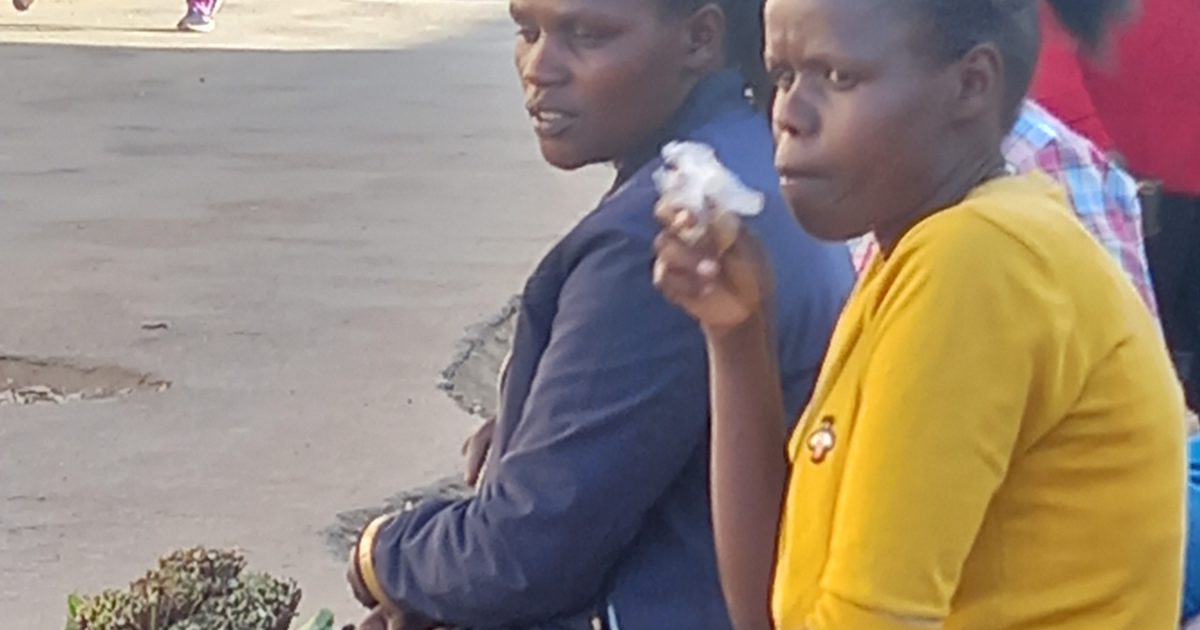Women in Igembe region have gone beyond the myth of miraa business dominated by men in the area to earn a livelihood.
Women were totally prohibited from any miraa activity including chewing and selling it but now things have greatly changed and women have taken over the business.
In Maua town around 70 per cent of the miraa traders are women.
According to Jenifer Kangai 55, the business was initially meant for men only and any woman in the lucrative miraa business was considered immoral and was highly avoided.
“It’s only men who could engage in miraa activities but today women in the area have embraced the business and you will find that the majority of miraa pluckers are women,” Kangai said.
Speaking to KNA former ECDE teacher and now miraa trader, Elizabeth Kananu at Maua town said that the miraa business has helped her to educate her four children two in secondary school and the other two in college adding that since she ventured into the business her live has taken a different turn compared to when she was teaching.
In the streets of Maua town you will find women busy conducting their miraa activities day and night.
The women have also employed their male counterparts in sorting, packing, recording and loading vehicles which ferry the commodity to various markets.
Halima Yusuf, a miraa trader who also owns a miraa store in Maua town said that she has employed 15 staff all men to assist her in the miraa affairs.
She added that she had to recruit her husband into the business which she said she runs from morning up to late nights.
“I started the business alone but when things became better, I had to engage my husband to avoid unnecessary quarrels especially when I reported late from work,” she said.
Halima noted that the business is good and not harmful to women since it has helped many women in the region fight poverty and educate their children.
Halima also appealed to the government to help in opening new markets for the crops to regain its former status.
By Kamanja Maeria





